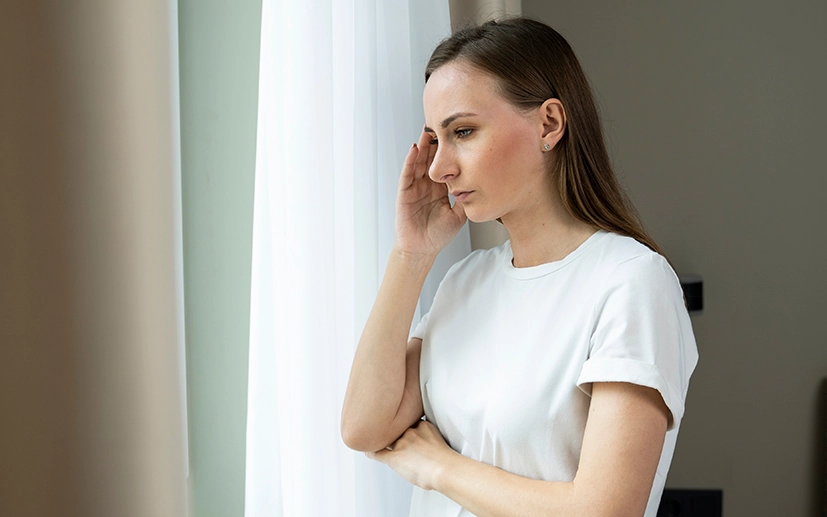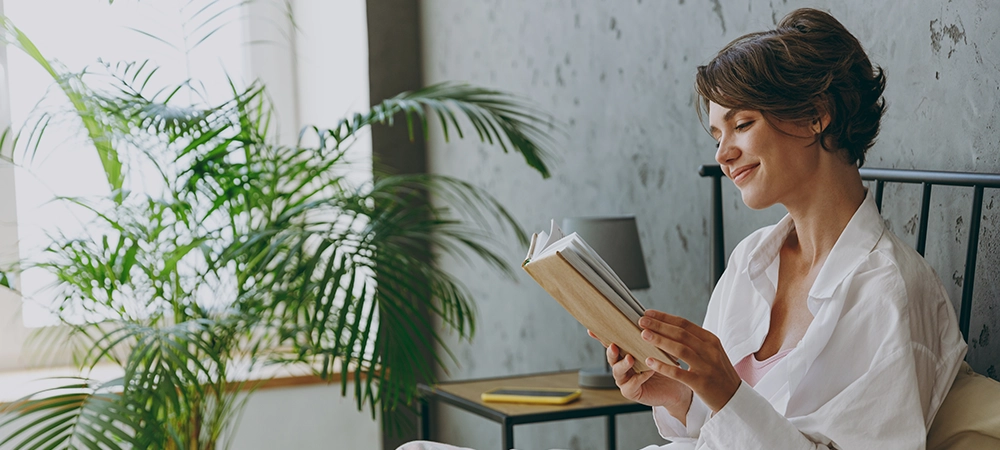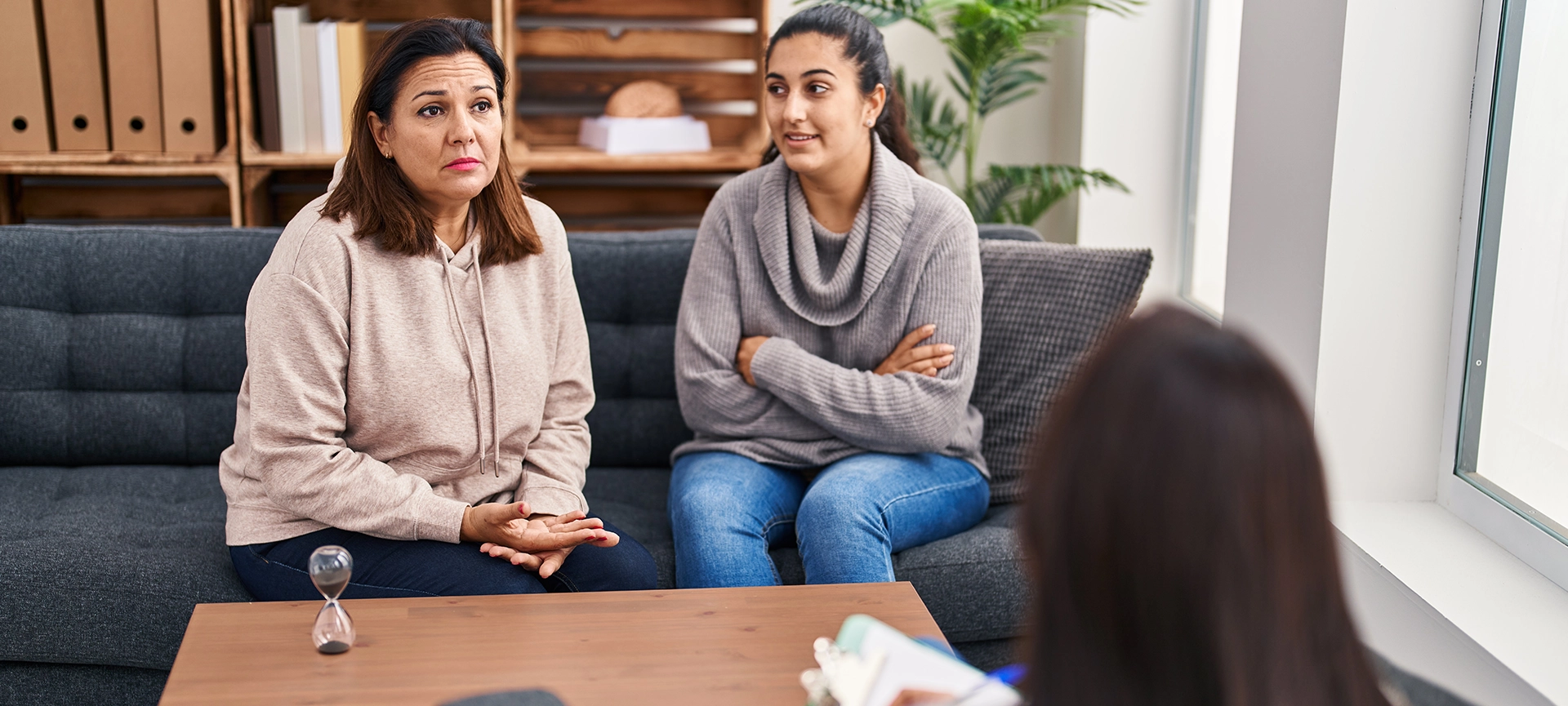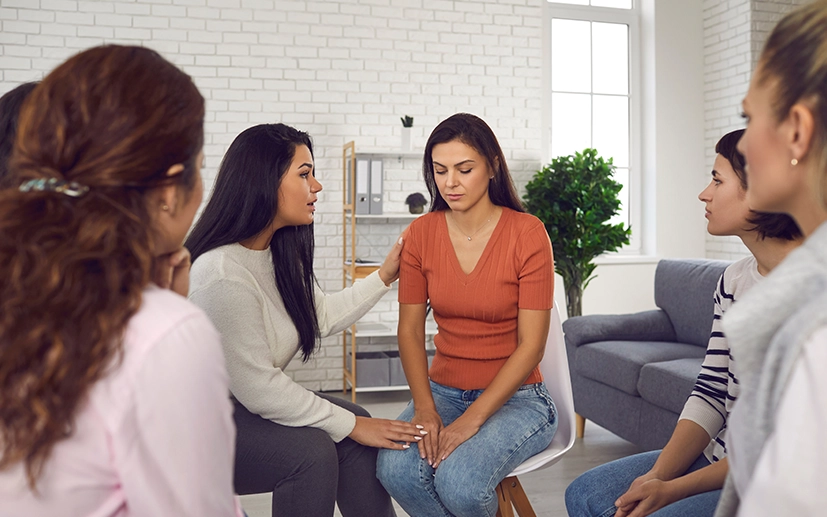
How to Manage Your Mental Health in Recovery?
Recovery from addiction looks different for everyone, but a common struggle is mental health. Many suffer from co-occurring conditions such as anxiety, depression, BPD, and more. Others find themselves in a poor mental state simply from the stress and difficulty of their situation.
Whatever the case, you shouldn’t neglect your mental health, especially as you work towards healing and recovery. There are many ways to address this, and different strategies will work for different people. Mental health maintenance can include everything from basic self-care practices to regular therapy sessions. Read on to learn more about how to manage your mental health in recovery.
Mental Health and Addiction
Struggling with mental health in recovery is common. Unfortunately, they often go hand-in-hand and mental health plays a significant role in any addiction journey. When they co-exist, they can make each other worse in many ways.
For example:
- Those with pre-existing mental health conditions may be more vulnerable to addiction as they may turn to substances to cope with symptoms and other effects.
- Heavy substance abuse can lead one to developing mental health issues, or worsening ones they already struggle with.
- The consequences of addiction can also create strain and distress, leading to poorer mental health. These things include financial concerns, broken relationships, legal issues, and more.
Co-occurring conditions make for a different journey to recovery, often requiring multiple forms of therapy. This is why so many people and places now specialize in treating addiction and co-occurring conditions. Many of our staff at Lily Recovery are capable of this, and we offer plenty of support and various services that address this head-on.
How to Boost Your Mental Health
While you can certainly address both mental health and addiction in your treatment program, it’s also good to take your own steps toward better mental health. There are so many ways you can do this, and each step you take will get you that much closer to recovery.
Self-Care
Self-care is one of the most important things we can do for ourselves, though it looks different for everyone. Self-care applies to your mental, emotional, and physical well-being, so try to adapt some practices that round out these three things.
Self-care is anything that helps you feel relaxed, rested, happy, at peace, or refreshed, etc. For some, this is hanging out with their best friends. For others, a hot, relaxing bubble bath or reading a good book can help them escape and reset. Find what helps you care for your body and mind, and don’t be afraid to enjoy yourself as you practice self-care in addiction recovery.

Relaxation
Going through addiction can be extremely stressful at times. You may feel mentally burned out, physically tired, and emotionally frazzled. This is why many find it helpful to practice relaxation techniques in recovery.
Simply allowing your body and mind to relax can help you feel better and move forward with more strength and confidence.
There are many different relaxation techniques you can use, including:
- Meditation. This is a common practice that is great for centering and relaxing your mind. It can be hard to shut off your thoughts at first, but be persistent. It gets easier and more effective over time. You may also consider guided meditation or some type of class if you prefer more structure.
- Many scents and aromas such as rose and lavender can be wonderfully relaxing. Essential oil diffusion is a popular method, but you can also try adding a few drops to your bath, to a steam facial, or to a topical oil or lotion.
- Like meditation, yoga is a great way to calm and refresh your mind. It works by helping you focus on your body instead, and creating a calming environment. It’s also great for strength and flexibility.
- Deep breathing. Many deep breathing exercises will help you clear your mind and manually bring your body into a more relaxed state.
You may favour one technique, or you may enjoy practicing multiple regularly. Either way, you must find ways to relax.
Therapy
Although everyone’s journey and circumstances are different, you can’t go wrong with regular therapy. There are so many techniques and therapeutic practices that are proven to help those struggling with addiction, mental health, and even both at once.
If you do seek out therapy in recovery, make sure you find a reputable and experienced professional. We have some exceptional therapists here at Lily Recovery who are well-versed in multiple methods and approaches.
We also offer both individual and group therapy. Individual therapy is great for addressing personal issues and creating good coping strategies. Group therapy is an amazing way to connect with others in recovery and gain new perspectives. Either way, working with a professional keeps you on the right path and helps you stay on top of your mental health.
Regular Exercise
Physical exercise is a tried and true way to improve and maintain your mental health. Even mild exercise releases endorphins that improve your mood. In addition, physical activity can help you work through anger and other negative emotions, while also releasing physical tension.
If you exercise outside – walking, for example – you’ll also benefit from some fresh air, time in nature, and extra vitamin D from the sun.
Journal
Lastly, journaling is a great way to improve your mood and mental state. Free writing allows you to put any and all thoughts to paper. This can help you sort through emotions, release anything you’re holding on to, and organize your feelings.
Alternatively, journaling prompts can help you think about things in a different light or address issues you didn’t even know you had. Journaling can also be helpful in therapy as your counselor can provide guidance and help you sort through things further.

Don’t Neglect Your Mental Health
Recovery can feel like a long and complicated journey with lots to keep track of. Fortunately, you don’t have to face this alone. Our facility is a quiet, private place for all women to recover in peace. We accept only ten women at any given time, and we offer a plethora of therapies, techniques, and other activities to help you heal.
Our program is tailored to each woman specifically and will ensure you’re also staying on top of your mental health. If you have any questions or concerns, please don’t hesitate to contact us at any time – one of our helpful and knowledgeable staff will get back to you promptly.



